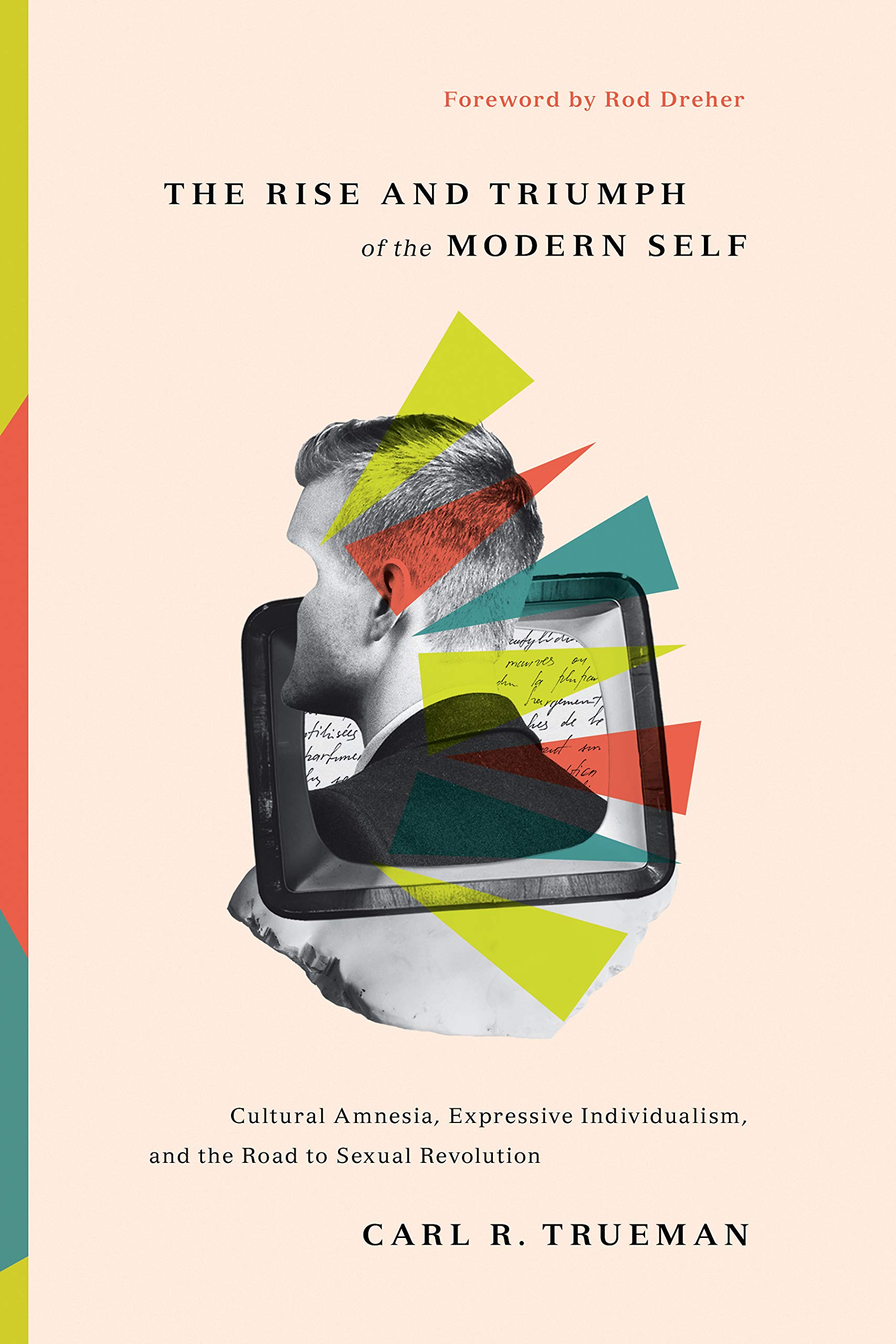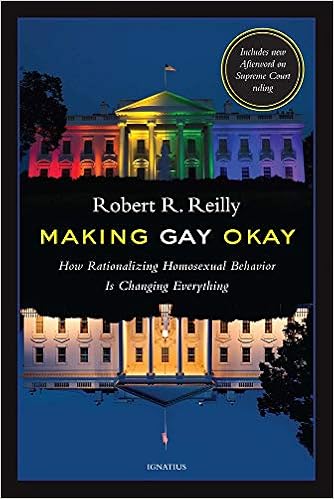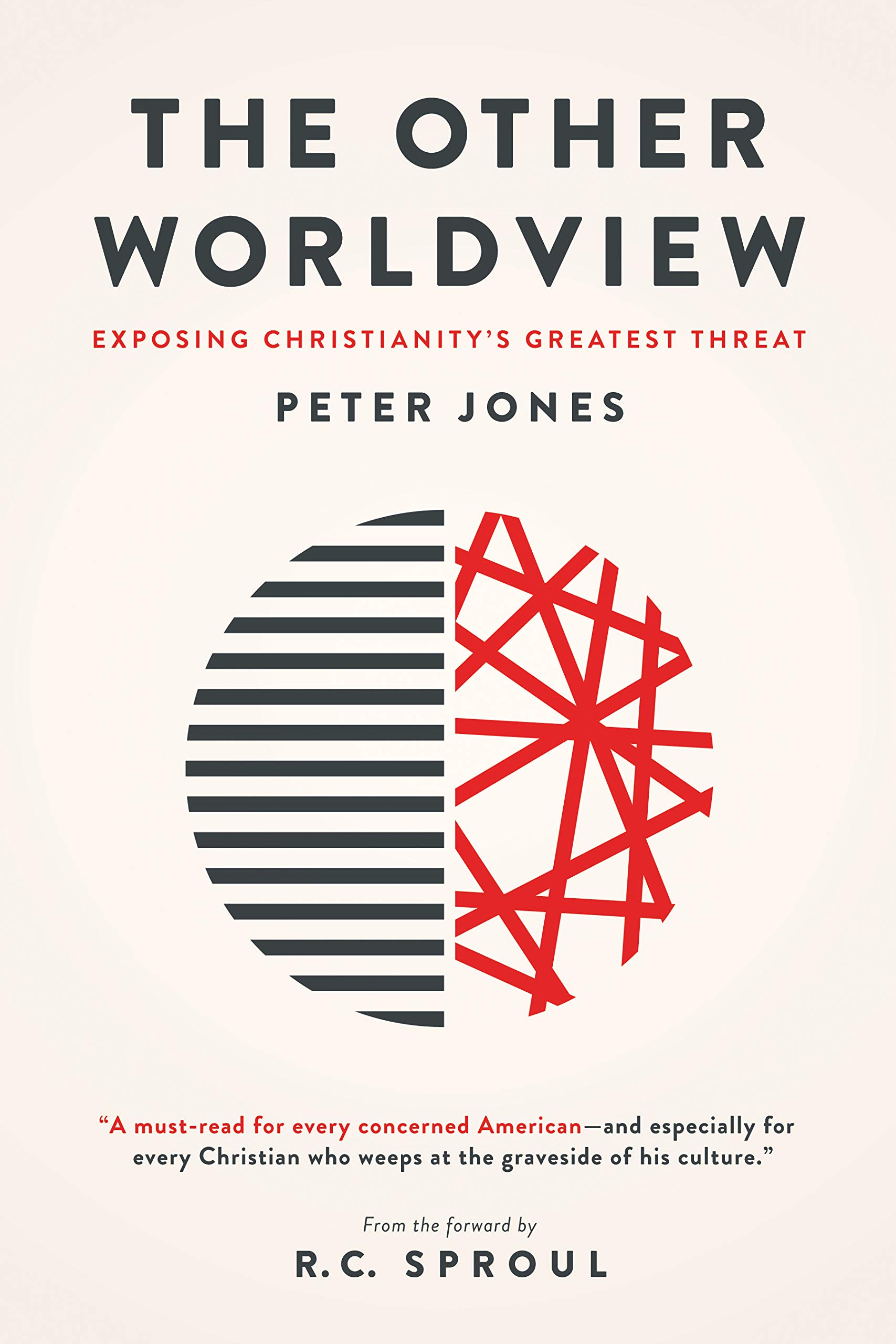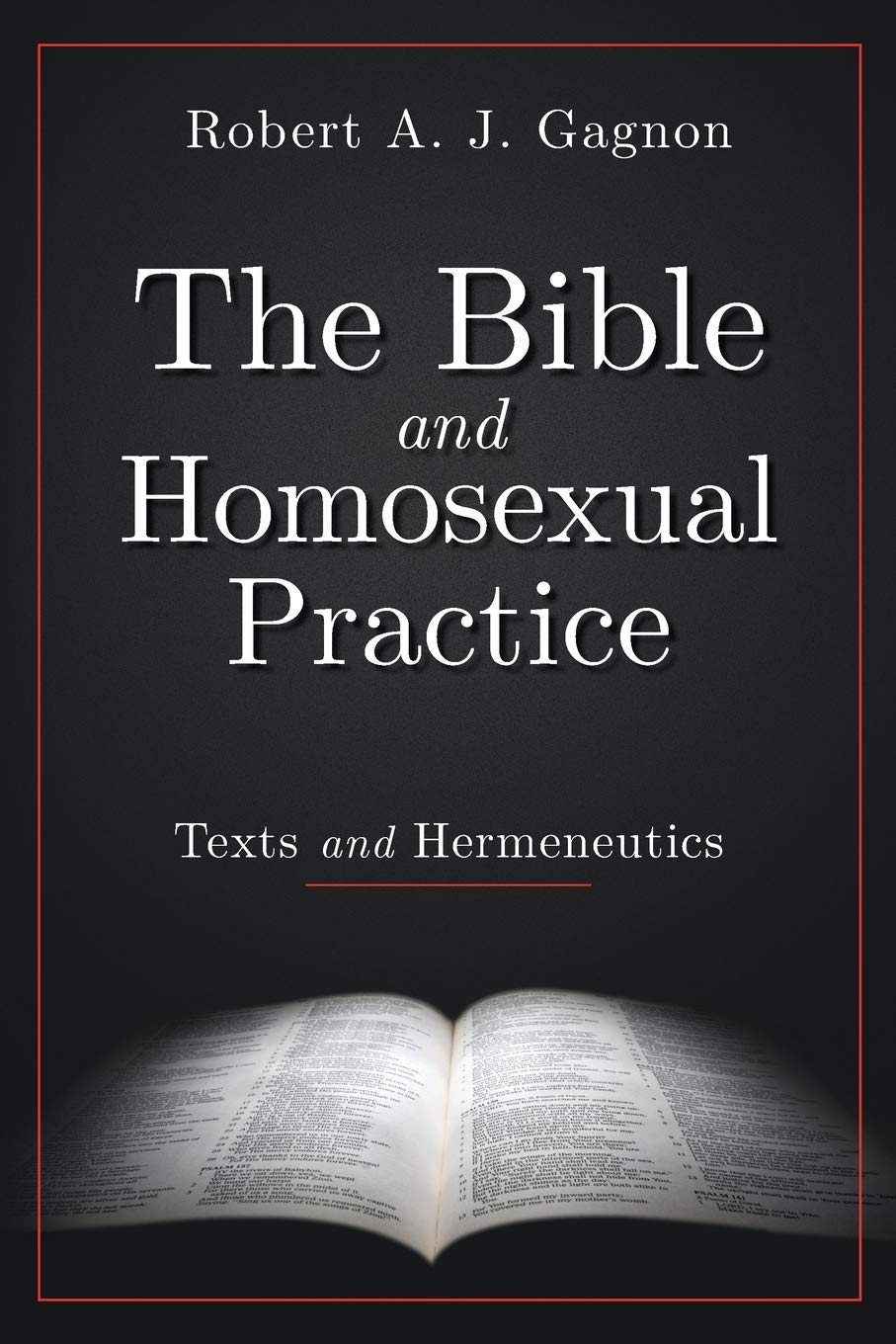2020 was perhaps the best year of reading I can remember since 1980 when I was fourteen and read twenty Louis L’Amour books and the Hobbit for the first time. Not all these books were released in 2020, but these were my favorites (in no particular order).
Interpreting Scripture with the Great Tradition: Recovering the Genius of Premodern Exegesis by Craig Carter (Grand Rapids: Baker, 2018)

If I could beckon every one of my seminary classmates (and former students) to read a book in 2021, it would be this one. Carter’s book is an expose of how much the Enlightenment influenced the field of biblical interpretation over the last 150 years. In other words, many of our interpretations are more influenced by the modern scientific method than the history of faithful Christian interpretation of Scripture, as if no one got it right until the 1870’s.
“The inter-disciplinary practice of biblical studies as found in academic settings today is an agent of secularization in the church and needs to be reformed so that it becomes a servant of Christian theology and spirituality rather than a confusing amalgam of history, philology, archaeology, literary theory, sociological theory, and philosophy operating with unacknowledged metaphysical assumptions and without any material center.”
Live Not by Lies: A Manual for Christian Dissidents by Rod Dreher (NY: Sentinel, 2020)

Rod Dreher gives a blunt and eloquent description of the new fascists of the political left and their growing power. These elites are profoundly anti-Christian and militant, and they intend to take unprecedented control of society by force through technology. The second half of the book is a manual for Christians of how to survive in such an environment by drawing on the wisdom of those Eastern Bloc Christians who outlasted Communism in the 20th century. I have written a brief piece about this book here.
“Elites and elite institutions are abandoning old-fashioned liberalism, based in defending the rights of the individual , and replacing it with a progressive creed that regards justice in terms of groups. It encourages people to identify with groups—ethnic, sexual, and otherwise—and to think of Good and Evil as a matter of power dynamics among the groups…Further, these utopian progressives are constantly changing the standards of thought, speech, and behavior. You can never be sure when those in power will come after you as a villain for having said or done something that was perfectly fine the day before. And the consequences for violating the new taboos are extreme, including losing your livelihood and having your reputation ruined forever.”
The Rise and Triumph of the Modern Self: Cultural Amnesia, Expressive Individualism, and the Road to Sexual Revolution by Carl Trueman (Wheaton: Crossway, 2020)

This book is a roadmap through Enlightenment philosophy, art, and literature into a world where a person’s concept of himself becomes the center of the world. This book isn’t primarily about the sexual revolution but focuses on the way people have been steadily conceiving themselves as consisting of their desires. It is not an easy read, but essential to understanding how our world has come to the place where the statement, “I am a woman trapped in a man’s body” is not only intelligible, but normal to most people. See my short essay on this book here.
“Once harm and oppression are regarded as being primarily psychological categories, freedom of speech also becomes part of the problem, not the solution, because words become potential weapons.”
Telling a Better Story: How to Talk About God in a Skeptical Age by Josh Chatraw (Grand Rapids: Zondervan, 2020)

This is the best apologetics book published in 2020. Chatraw explains that people are guided less by conscious worldviews than they are by narratives that provide them an identity and explanation for their experiences. As a result, an effective apologist needs to understand the narratives popular in the West and be able to counter them with the true narrative of the gospel.
“Once viewed as a tool to win debates, apologetics is now becoming more focused on generating productive conversations that open doors for people to consider the gospel…Many apologists are emphasizing the need for Christians to become better listeners who seek to understand the person they are speaking with before making appeals. This enables us to meet people where they are and find points to affirm before finding points to challenge.”
Making Gay Okay: How Rationalizing Homosexual Behavior Is Changing Everything by Robert C. Reilly (San Francisco: Ignatius, 2014)

I took more notes on this book than any other this year, and I could barely put it down. Reilly traces the rise of Rousseau’s views about human nature through the biological, legal and moral developments that led to the acceptance of homosexuality in the West. He exposes the stunning health hazard that homosexuality poses for those who practice the behaviors, as well as the march of the LGBT agenda through education, science, the Boy Scouts, and the military. This is one of the best three books available on the impact of homosexuality, and easily one of the most readable.
“Sex is so important that its misuse has become the principal means for dismantling our culture and political order…But if we want to replace God with our own definition of ourselves, we must lie to ourselves, deceive ourselves, about what we are. We must seek ourselves independently of what we ought to be. If we succeed in this endeavor, we will make ourselves into monsters and oddities.”
The Other Worldview: Exposing Christianity’s Greatest Threat by Peter Jones (Bellingham, WA: Kirkdale Press, 2015)

Peter Jones is one of the few experts on Eastern religion among conservative Reformed thinkers, and his ability to perceive all the ways it is infiltrating our culture is invaluable to the church. He contrasts the “One-ism” of the Eastern view that sees no distinction between God and creation with the Christian “Two-ism” of the Creator-Creature distinction. Jones traces the infiltration through psychologist Carl Jung (the primary influence on Jordan Peterson), through contemporary spirituality and the spiritual formation movement so popular among Christians today. He also sees Oneism in the new paganism, the LGBT movement, mindfulness, and progressive Christians, such as Richard Rohr, Brian McLaren, and Ken Wilber.
“The death of God is not the victory of secular, atheistic humanism but the return of spiritual paganism; not the death of any notion of divinity, but the death of the specific transcendent God of biblical Twoism…At the death of God we will see the rebirth of the gods and goddesses of ancient Greece and Rome.”
Cynical Theories: How Activist Scholarship Made Everything about Race, Gender, and Identity and Why This Harms Everybody by Helen Pluckrose and James Lindsay (Durham, NC: Pitchstone Publishing, 2020)

All I can say is, “wow!” Pluckrose and Lindsay, two humanist philosophers, explain as clearly as is possible, the confusing and twisted world of postmodern Critical Theory in all its varieties. They show the presuppositions and core values of everything from post-colonialism, queer theory, and Critical Race Theory to disability and fat studies, concluding with social justice scholarship. Even though their critique fails to provide a Christian solution, it exposes the underlying irrationality of Critical Theory in a way that equips Christians to dismantle it in all its forms. Not an easy read, but essential.
“Throughout postmodern Theory runs the overtly left-wing idea that oppressive power structures constrain humanity and are to be deplored. This results in an ethical imperative to deconstruct, challenge, problematize (find and exaggerate the problems within), and resist all ways of thinking that support oppressive structures of power…”
The Madness of Crowds: Gender, Race, and Identity by Douglas Murray (NY: Bloomsbury Continuum, 2019)

Douglas Murray has found incredible success in recent years critiquing the insanity of applied postmodernism in the West, including his best-seller, The Strange Death of Europe: Immigration, Identity, Islam. In The Madness of Crowds Murray documents the insanity that has become embraced by a significant portion of the western world in regard to radical feminism, race, and the LGBT movement, especially the transgender community. He shows clearly that it has not been reasoned arguments that has won the day, but emotional and political pressure that has coerced mass capitulation to these agendas.
“Intersectionality is the invitation to spend the rest of our lives attempting to work out each and every identity and vulnerability claim in ourselves and others and then organize along whichever system of justice emerges from the perpetually moving hierarchy which we uncover. It is a system that is not just unworkable but dementing, making demands that are impossible towards ends that are unachievable.”
The Bible and Homosexual Practice: Texts and Hermeneutics by Robert A. J. Gagnon (Nashville: Abingdon, 2001)

It has been twenty years since Robert Gagnon wrote the definitive book on what the Bible says about homosexual practice, but it took me until this year to read it. Even some of the foremost scholars supporting homosexuality admit that Gagnon’s book clearly shows in 500 pages that the Bible and early Judaism unmistakably condemn homosexuality. This volume is a tremendous resource for answering the avalanche of books and articles that claim the Bible is unclear on this issue.
“While antihomosexual violence deserves to be vigorously denounced, it does nobody any good to ignore the dangerous way in which isolated and relatively rare incidents of violence against homosexuals have been exploited to stifle freedom of speech and coerce societal endorsement of homosexual practice.”
Redeeming Power: Understanding Authority and Abuse in the Church by Diane Langberg (Grand Rapids: Brazos, 2020)

Although this book comes toward the end of this list, it is probably the most important book that Christians could read this year, especially pastors. Langberg is a certified expert on abuse, especially in the Christian community. Her book will unsettle many readers with the truth that abuse of power is quite common in the church. Langberg fearlessly exposes and rebukes the tendency for pastors and other leaders to exhibit blindness to abuses of power. The sad result is that many have suffered silently, as recourse is hard to come by when those in leadership are the problem.
“People with specialized knowledge can wield great power, speaking authoritatively and expecting what they say to be accepted because they “know.” Positions of authority confer power…Depending on my position and the way it is understood, I may use that power to justify many wrong things and overreach extensively, particularly if I’m a respected authority figure.”
The Appalachian Trail: A Biography by Philip D’Anieri (NY: Houghton Mifflin Harcourt, 2021).

I have loved the AT since my first hike on the Presidential Trail in the White Mountains when I was twelve years old with my best friend and our fathers. This iconic trail that stretches from Georgia to Maine holds many fascinating stories, from the hilarious hijinks of Bill Bryson, in his book, A Walk in the Woods, to the intriguing tales of through-hikers. D’Anieri’s book traces the history of the conception of the idea of the AT in the 19th century to its finalization as recently as the 1990’s. I couldn’t put this one down!
“Entering the wilderness was not just an unusual thing to do in early America—economically useless, physically dangerous—it was morally suspect as well. Popular thinking held that the farther away people traveled from Christian civilization, the more they opened their inner selves to the heathen nature of the dark woods. It made no sense at all to plunge into the wild on its own terms; there was nothing to gain, and everything to lose.”
RUNNERS UP
Am I Just My Brain? By Sharon Dirckx (The Good Book Company, 2019)
Love Thy Body by Nancy Pearcey (Baker, 2018)
Walking with God through Pain and Suffering by Tim Keller (Penguin, 2013)


0 Comments